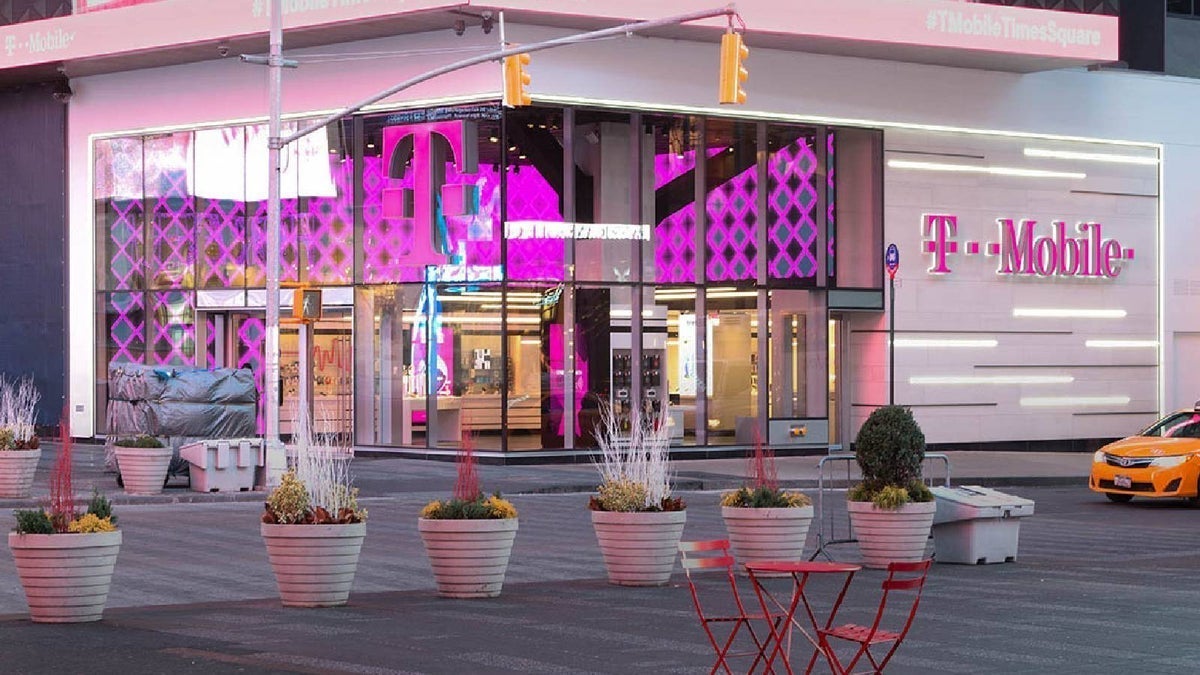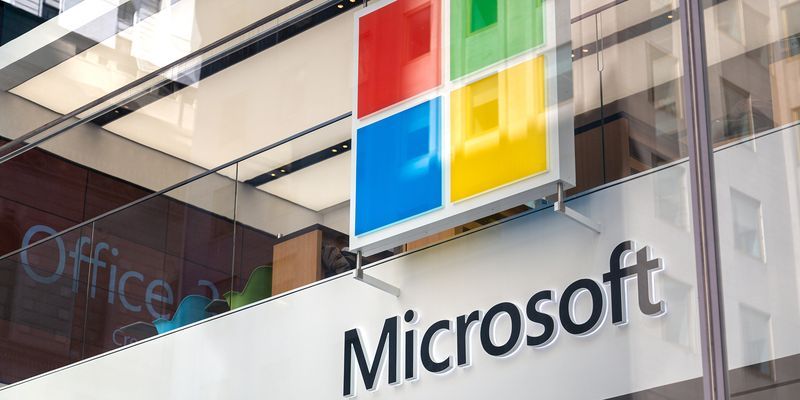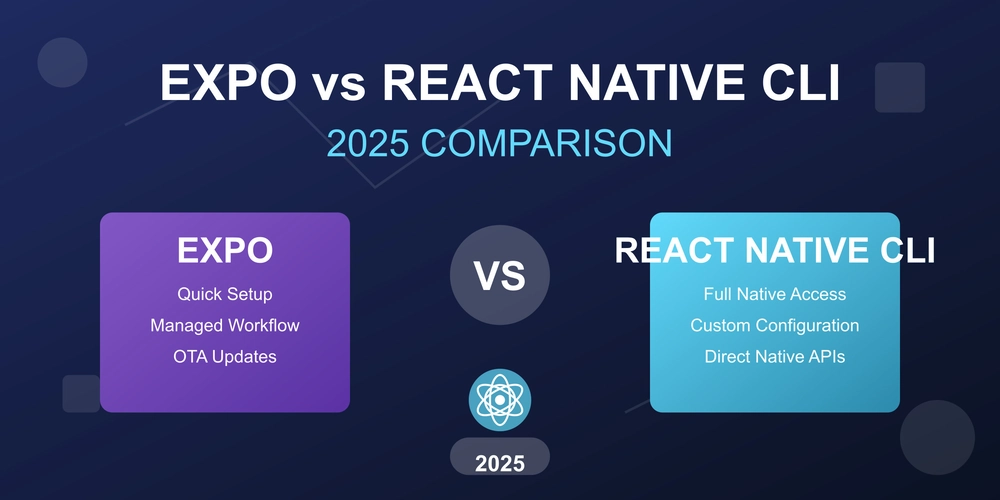Why Every Website Needs an SSL Certificate in 2025
I remember when SSL certificates were considered "extra security" for websites. Not anymore! Today, they're as essential as having a domain name. Let me break this down without the technical jargon. SSL encryption isn't just some tech buzzword – it's what keeps hackers from stealing your customers' credit card numbers and personal details when they shop on your site. You know that little padlock icon in the browser? That's what tells visitors they're safe. What's This SSL Thing Anyway? It's basically a digital ID card for your website. When someone visits your site, this certificate creates a secure connection – like a private tunnel – between their device and your website. Any information passing through this tunnel is scrambled so completely that even if someone managed to intercept it, they'd just see gibberish. Why You Really Can't Skip This in 2025 Google Will Bury Your Site I learned this the hard way with a client last year. Google now treats non-secure sites like second-class citizens. Their traffic dropped by 40% before they finally installed an SSL certificate! Visitors Don't Trust "Not Secure" Warnings Nobody ignores those big red "Not Secure" warnings anymore. My cousin's small business lost countless potential customers because of this one issue. People just don't stick around on sites that look dangerous. Legal Headaches You Don't Need Between GDPR fines in Europe and various state laws in the US, the legal consequences of data breaches are getting serious. An SSL certificate isn't just good practice – it's legal protection. Better Results from Your Website We tracked this at my marketing agency – secured websites consistently convert about 30% better than non-secured ones. People are just more willing to fill out forms and make purchases when they feel safe. Your Modern Website Features Need It Tried setting up location features or browser notifications on a non-HTTPS site lately? Good luck! Many cool features that make websites interactive just won't work without SSL protection. Busting Common SSL Myths “Free SSL isn’t reliable” – Solutions like Let’s Encrypt offer decent protection for basic sites. “SSL slows down your site” – With HTTP/2 and modern tech, SSL can actually speed up your site. “Only stores need SSL” – Wrong. Any website that collects data, offers a login, or builds a brand benefits from SSL. Types of SSL Certificates Choosing the right SSL depends on your needs: DV (Domain Validation): Basic, fast, and great for blogs or informational sites. OV (Organization Validation): Includes company details and suits businesses. EV (Extended Validation): Displays a company name in the browser bar—perfect for high-trust industries. Wildcard & Multi-Domain SSLs: Secure subdomains and multiple domains under one certificate. How to Get an SSL Certificate Easily Getting an SSL certificate is simpler than ever with providers like SSL2BUY. Whether you're a small business owner or managing multiple domains, SSL2BUY offers a range of affordable, trusted SSL solutions with: Instant issuance for DV certificates Support for Wildcard and Multi-Domain setups Industry-standard encryption 24/7 customer support Easy installation guides Also Read : What Happens If SSL Certificate Expires in 2025? Conclusion In 2025, SSL isn’t just about encryption—it’s about trust, SEO, user safety, and legal compliance. Whether you're starting a blog or running a global eCommerce site, SSL is a must-have. Don’t leave your site vulnerable. Choose a reliable SSL provider like https://www.ssl2buy.com/ & secure your digital future today.
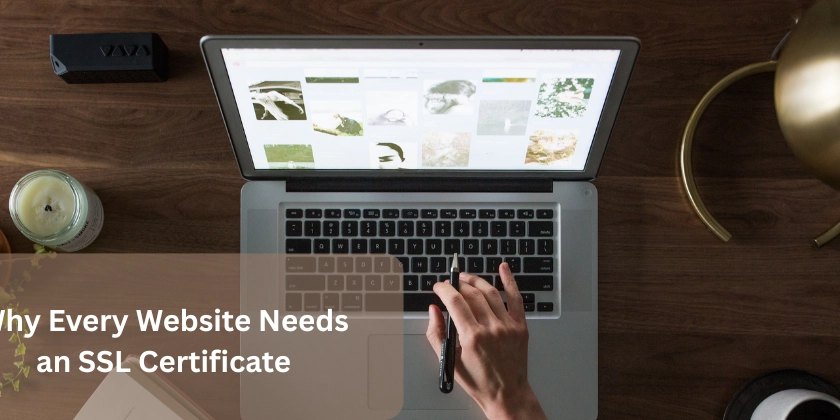
I remember when SSL certificates were considered "extra security" for websites. Not anymore! Today, they're as essential as having a domain name. Let me break this down without the technical jargon.
SSL encryption isn't just some tech buzzword – it's what keeps hackers from stealing your customers' credit card numbers and personal details when they shop on your site. You know that little padlock icon in the browser? That's what tells visitors they're safe.
What's This SSL Thing Anyway?
It's basically a digital ID card for your website. When someone visits your site, this certificate creates a secure connection – like a private tunnel – between their device and your website.
Any information passing through this tunnel is scrambled so completely that even if someone managed to intercept it, they'd just see gibberish.
Why You Really Can't Skip This in 2025
Google Will Bury Your Site
I learned this the hard way with a client last year. Google now treats non-secure sites like second-class citizens. Their traffic dropped by 40% before they finally installed an SSL certificate!
Visitors Don't Trust "Not Secure" Warnings
Nobody ignores those big red "Not Secure" warnings anymore. My cousin's small business lost countless potential customers because of this one issue. People just don't stick around on sites that look dangerous.
Legal Headaches You Don't Need
Between GDPR fines in Europe and various state laws in the US, the legal consequences of data breaches are getting serious. An SSL certificate isn't just good practice – it's legal protection.
Better Results from Your Website
We tracked this at my marketing agency – secured websites consistently convert about 30% better than non-secured ones. People are just more willing to fill out forms and make purchases when they feel safe.
Your Modern Website Features Need It
Tried setting up location features or browser notifications on a non-HTTPS site lately? Good luck! Many cool features that make websites interactive just won't work without SSL protection.
Busting Common SSL Myths
- “Free SSL isn’t reliable” – Solutions like Let’s Encrypt offer decent protection for basic sites.
- “SSL slows down your site” – With HTTP/2 and modern tech, SSL can actually speed up your site.
- “Only stores need SSL” – Wrong. Any website that collects data, offers a login, or builds a brand benefits from SSL.
Types of SSL Certificates
Choosing the right SSL depends on your needs:
- DV (Domain Validation): Basic, fast, and great for blogs or informational sites.
- OV (Organization Validation): Includes company details and suits businesses.
- EV (Extended Validation): Displays a company name in the browser bar—perfect for high-trust industries.
- Wildcard & Multi-Domain SSLs: Secure subdomains and multiple domains under one certificate.
How to Get an SSL Certificate Easily
Getting an SSL certificate is simpler than ever with providers like SSL2BUY. Whether you're a small business owner or managing multiple domains, SSL2BUY offers a range of affordable, trusted SSL solutions with:
- Instant issuance for DV certificates
- Support for Wildcard and Multi-Domain setups
- Industry-standard encryption
- 24/7 customer support
- Easy installation guides
Also Read : What Happens If SSL Certificate Expires in 2025?
Conclusion
In 2025, SSL isn’t just about encryption—it’s about trust, SEO, user safety, and legal compliance. Whether you're starting a blog or running a global eCommerce site, SSL is a must-have.
Don’t leave your site vulnerable. Choose a reliable SSL provider like https://www.ssl2buy.com/ & secure your digital future today.





























![[Free Webinar] Guide to Securing Your Entire Identity Lifecycle Against AI-Powered Threats](https://blogger.googleusercontent.com/img/b/R29vZ2xl/AVvXsEjqbZf4bsDp6ei3fmQ8swm7GB5XoRrhZSFE7ZNhRLFO49KlmdgpIDCZWMSv7rydpEShIrNb9crnH5p6mFZbURzO5HC9I4RlzJazBBw5aHOTmI38sqiZIWPldRqut4bTgegipjOk5VgktVOwCKF_ncLeBX-pMTO_GMVMfbzZbf8eAj21V04y_NiOaSApGkM/s1600/webinar-play.jpg?#)






































































































































![[The AI Show Episode 145]: OpenAI Releases o3 and o4-mini, AI Is Causing “Quiet Layoffs,” Executive Order on Youth AI Education & GPT-4o’s Controversial Update](https://www.marketingaiinstitute.com/hubfs/ep%20145%20cover.png)














































































































![Deploy Permit.IO PDP To Heroku Under 5 Mins! [Video Included]](https://media2.dev.to/dynamic/image/width%3D1000,height%3D500,fit%3Dcover,gravity%3Dauto,format%3Dauto/https:%2F%2Fdev-to-uploads.s3.amazonaws.com%2Fuploads%2Farticles%2Fnvzjvexnrqwvqo4ml9rl.png)
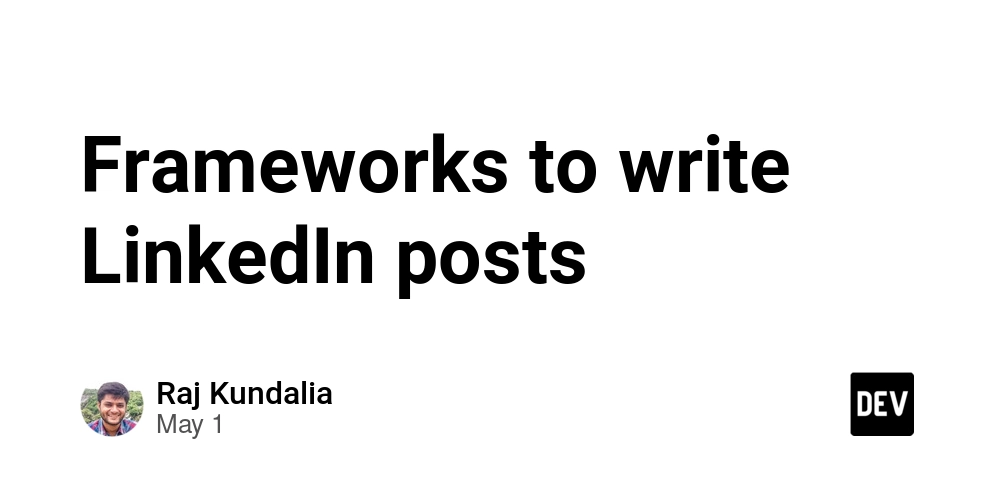


























































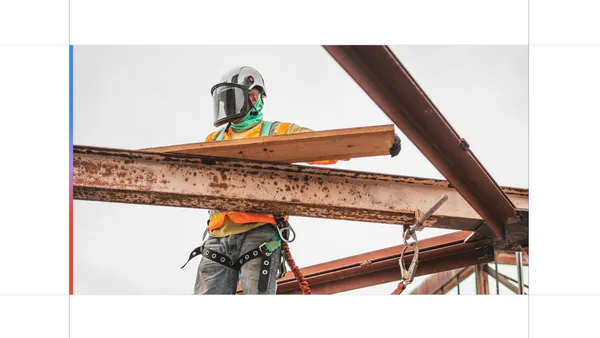
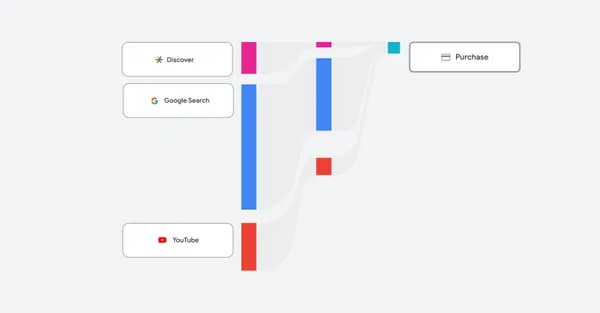








































































































































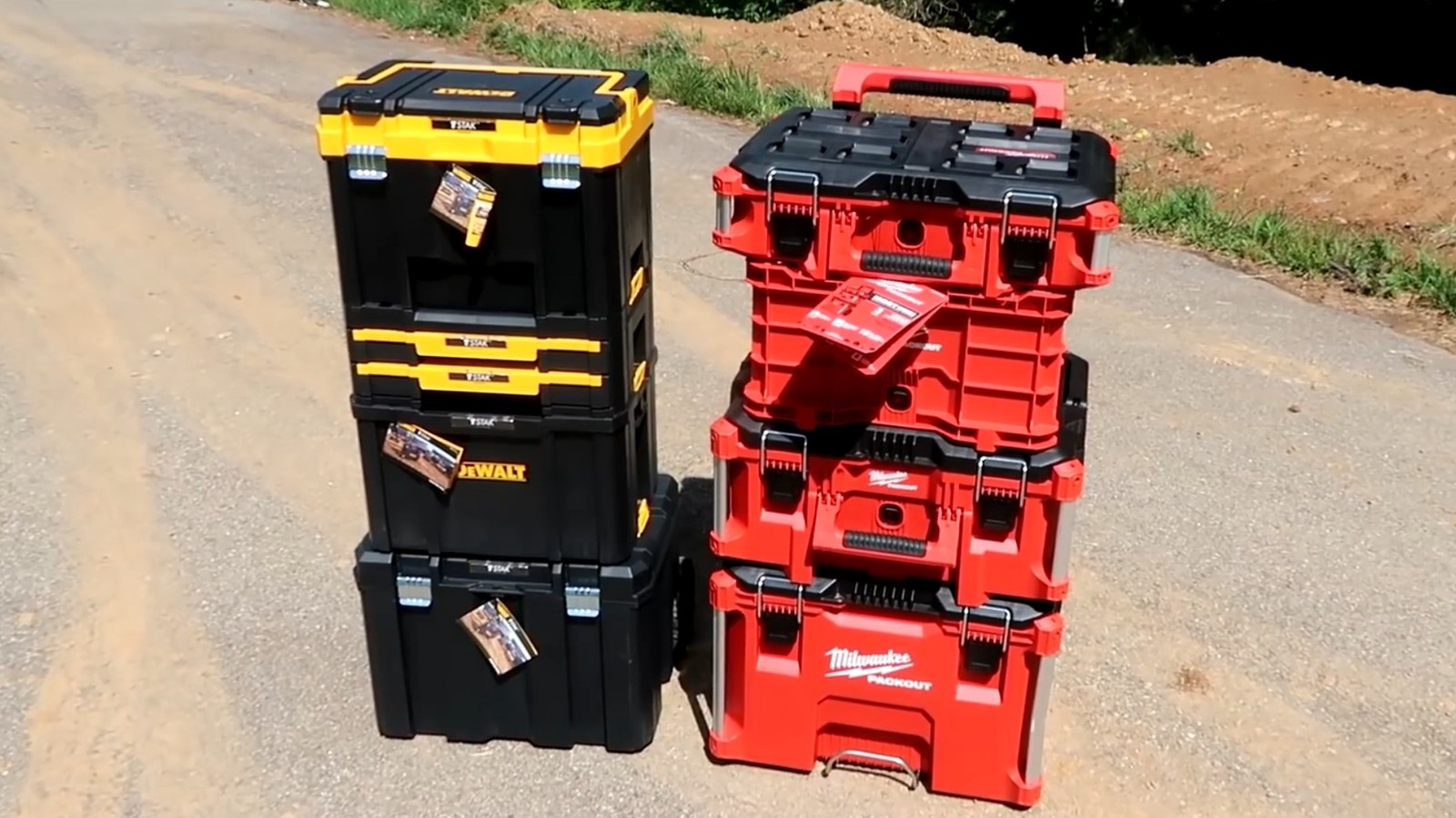














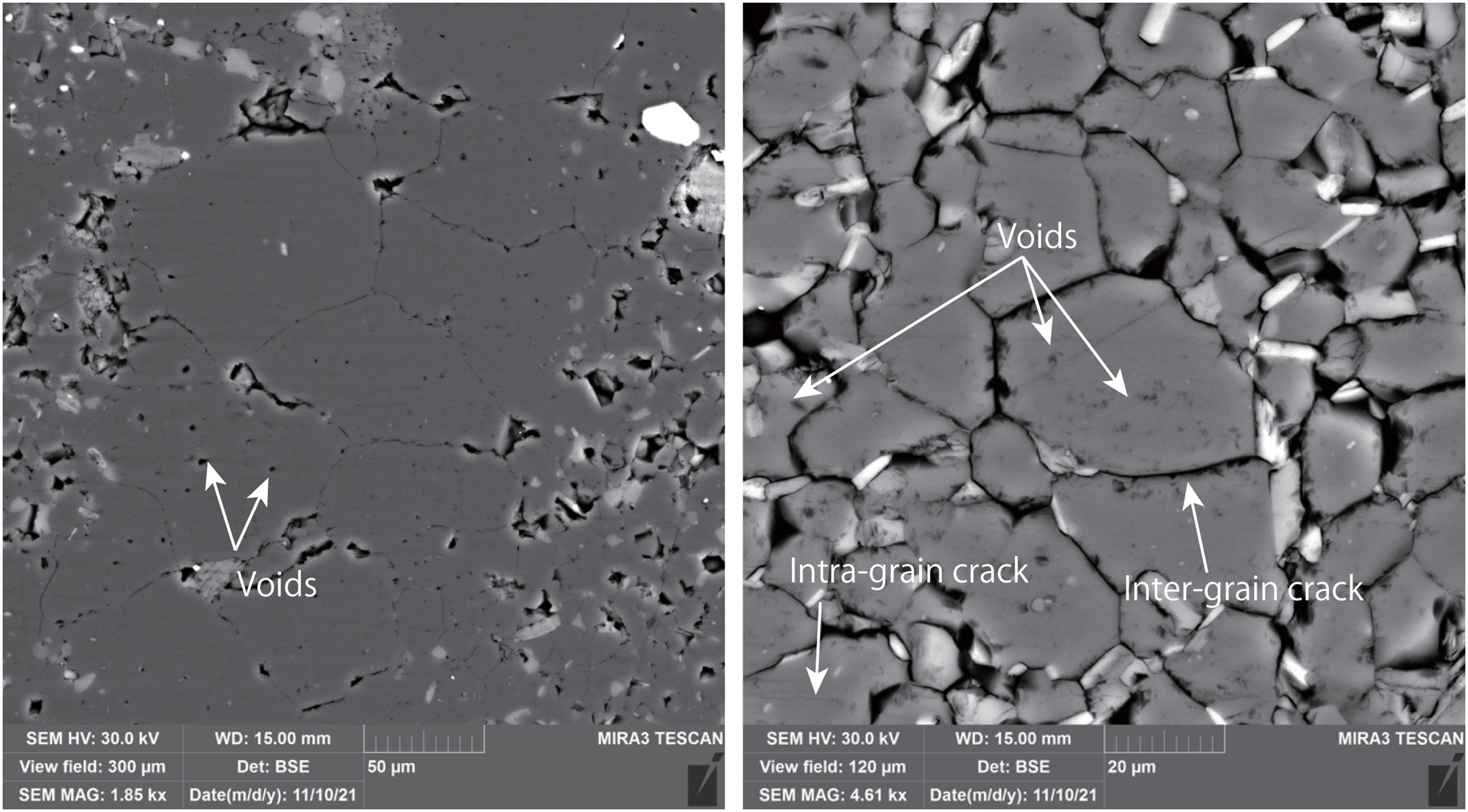






































![Google Home app fixes bug that repeatedly asked to ‘Set up Nest Cam features’ for Nest Hub Max [U]](https://i0.wp.com/9to5google.com/wp-content/uploads/sites/4/2022/08/youtube-premium-music-nest-hub-max.jpg?resize=1200%2C628&quality=82&strip=all&ssl=1)









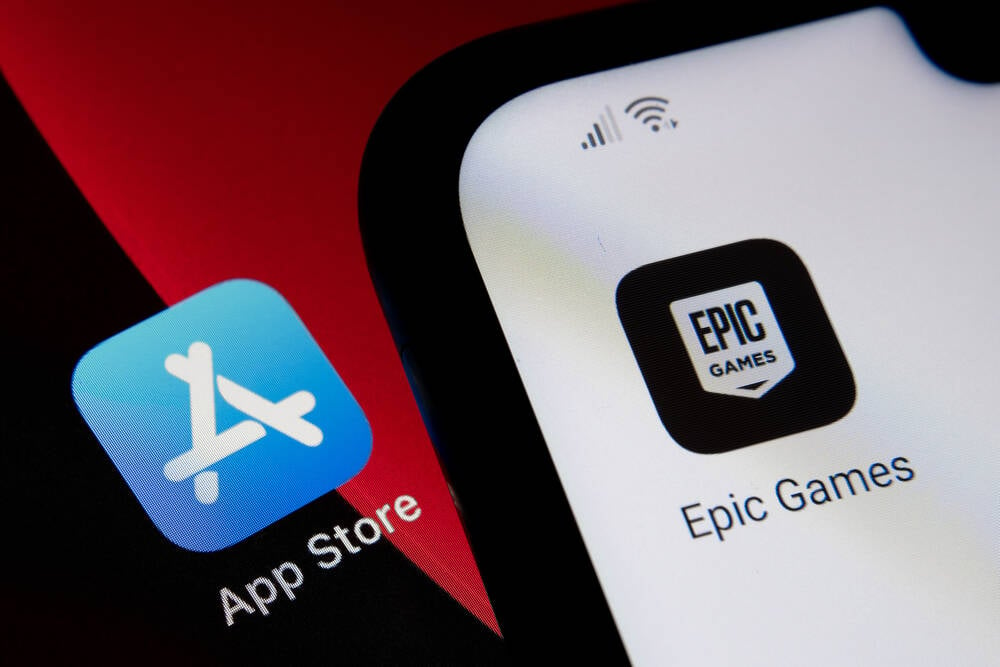
























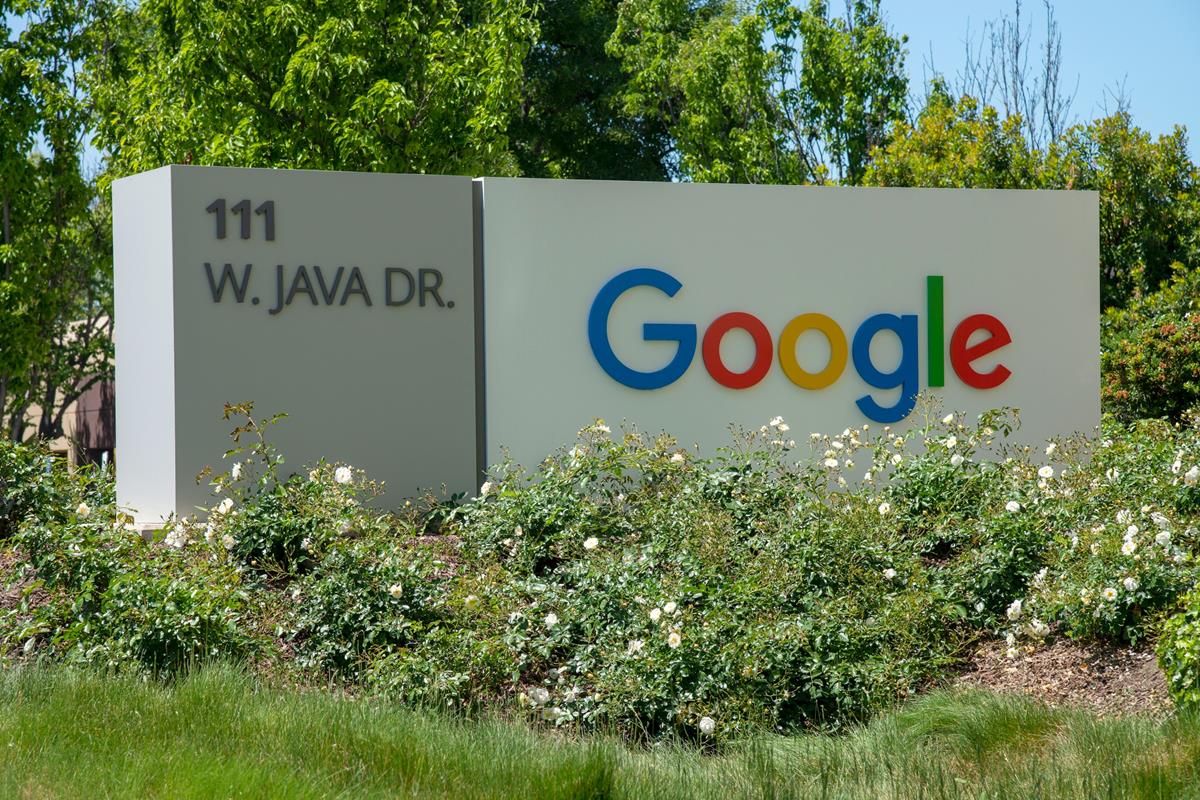
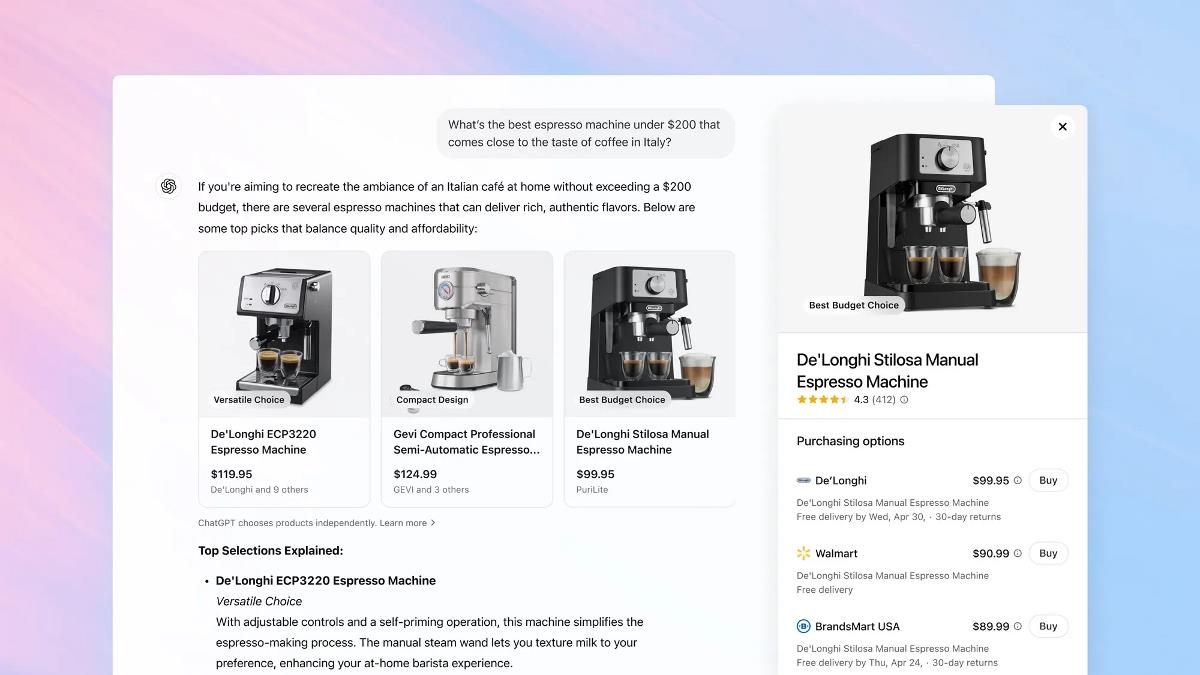




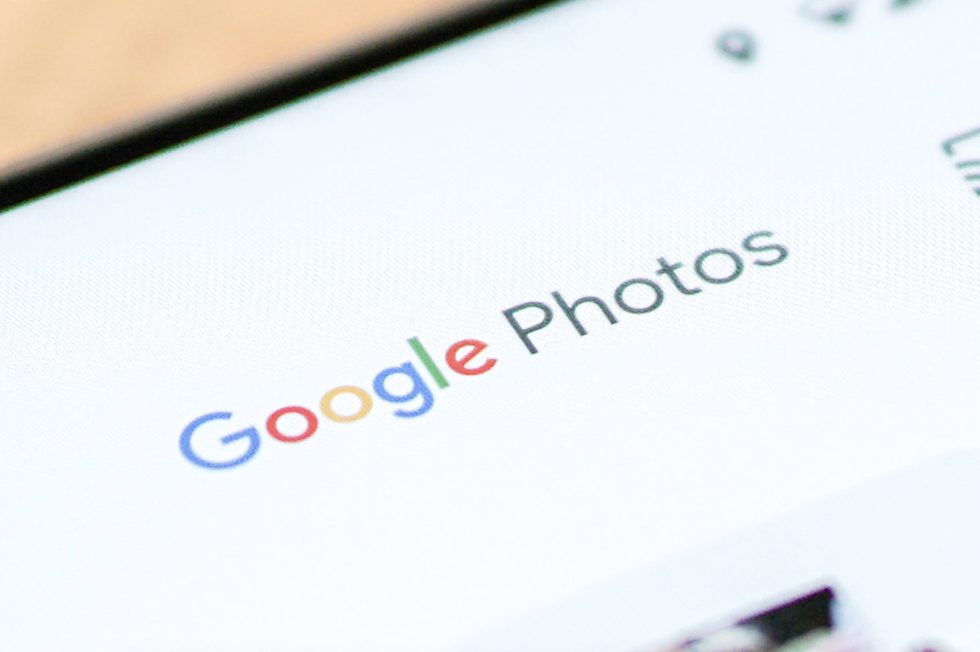

















![Epic Games Wins Major Victory as Apple is Ordered to Comply With App Store Anti-Steering Injunction [Updated]](https://images.macrumors.com/t/Z4nU2dRocDnr4NPvf-sGNedmPGA=/2250x/article-new/2022/01/iOS-App-Store-General-Feature-JoeBlue.jpg)








